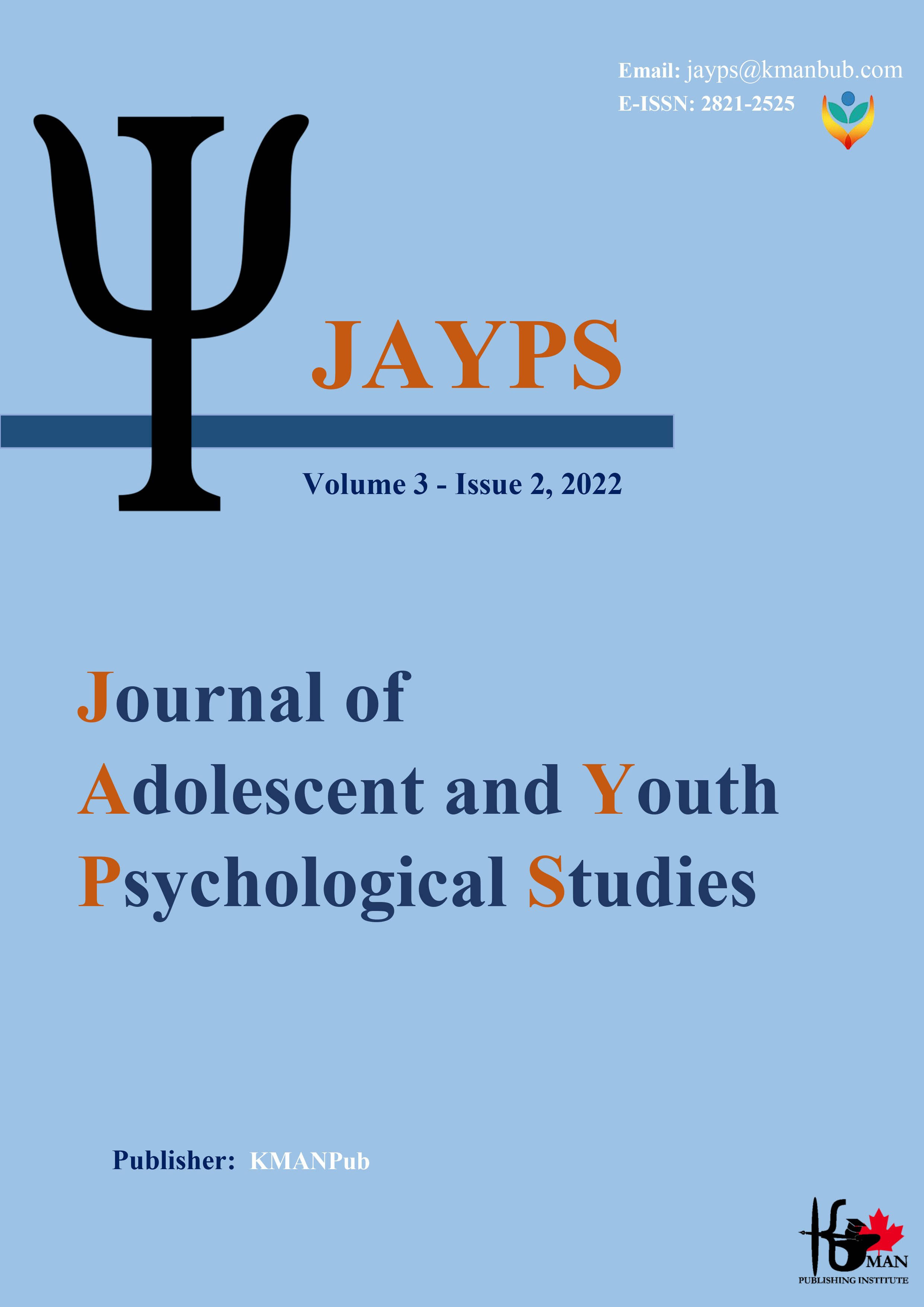Investigating the mediating role of self-criticism between emotional self-regulation and students' shyness
Keywords:
Self-criticism, emotional self-regulation, shyness, studentsAbstract
Background and Aim: The purpose of this research is to investigate the mediating role of self-criticism between emotional self-regulation and shyness of students. Methods: The current research method is descriptive-survey of correlation type. The purpose of the research is applied and cross-sectional in terms of time. The statistical population includes all female secondary school students of Bojnord city who were engaged in the analysis in the academic year of 2014-2016. In order to estimate the sufficient sample size, Klein's (2005) sample size determination method was used, and 567 people were selected as the sample size. The sampling method is a single-stage cluster. The data collection method is library and field studies, and the information collection tools were Thompson and Zorov's self-criticism levels questionnaire (2004), Stanford's shyness questionnaire (1990) and emotional self-regulation questionnaire from Hoffman and Kashdan's questionnaire (2010). Results: The findings showed that the causal model of students' shyness based on emotional self-regulation with the mediating role of self-criticism has a suitable fit. Also, emotional self-regulation has a direct effect on self-criticism, and emotional self-regulation has a direct effect on shyness. Another is that self-criticism has a direct effect on shyness, and self-criticism plays a mediating role between emotional self-regulation and shyness. Conclusion: It can be concluded that self-criticism plays a mediating role between students' emotional self-regulation and shyness. Therefore, the planners of the educational system with the help of psychologists and school counselors can include the necessary measures in the curriculum to remove the shyness of students.
Downloads
Downloads
Published
Submitted
Revised
Accepted
Issue
Section
License

This work is licensed under a Creative Commons Attribution-NonCommercial 4.0 International License.









